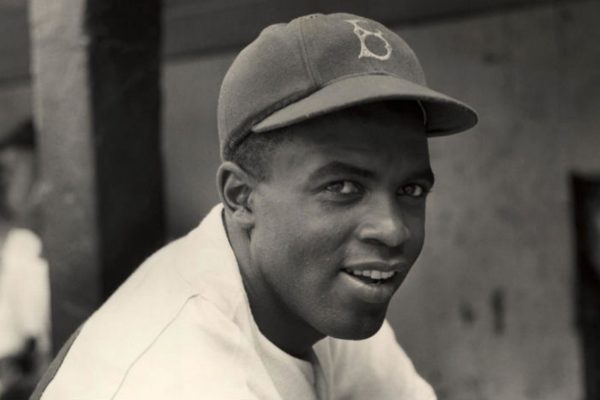A “post racial” society was a popular term in America after the election of Barack Obama as president in 2008. That such a description of America may have been premature does not reduce the significance of the application of the term to American society.
Although people may differ as to who or what was responsible for the progress of American society to a point where the term “post racial” could be used, there is arguably one person who could be said to be the responsible person: Jackie Robinson. A baseball player. He was the first modern-era civil rights leader.
This April we celebrate the 70th anniversary of the integration of major league baseball by Jackie Robinson. It was an event of enormous significance. In 1947, major league baseball was truly America’s pastime, the national game. No other sport was close.
When Robinson appeared on the scene, the game was front and center in the hearts and minds of Americans, and the game was defiantly white. What people saw on the field were white players; what they saw in the stands were segregated seats.
At the time Robinson walked out on the field as a Brooklyn Dodger, through no small effort by Brooklyn General Manager Branch Rickey who maneuvered his way around, over and through the rules of major league baseball, America was a largely segregated society. Post-World War II, there were actions and words suggesting that integration was to be advanced including by President Harry Truman.
But we were a segregated society complete with separate but assuredly not equal surroundings. There was much more persecution and vindictiveness, many more racially charged murders and lynchings to come. At the time, Martin Luther King Jr. was 19 and unknown. No civil rights leader was visible or apparent.
By stepping onto spring training fields in the South and then major league fields as the 1947 season began, Robinson, each day, week after week and month after month, and thereafter for 10 years, became the symbol of how a black man could work and play alongside white men with a remarkable result: The world did not fall apart or collapse upon us. The team he played on not only survived, it prospered. They won six pennants in his 10 years, and three other times finished second.
Robinson’s presence was a constant challenge to longstanding, ingrained beliefs about the lack of ability of black men to perform skilled tasks. Indeed, he was the first modern-era civil rights leader.
Martin Luther King later said that but for Robinson there would not be a King. But Robinson, until his untimely death in 1972, knew that society had only gotten to first base in baseball parlance during his time.
It was not until 1959 that the Red Sox became the final team in major league baseball to integrate. He took on the burden of civil rights activist and fought the fight until his last speech, delivered on a baseball field just days before he died.
Robinson was known on the field for the magic he created on the basepaths and especially between third base and home plate as he danced, occasionally stole home and always drove the opposing pitcher to distraction.
As we celebrate the 70th anniversary of Robinson’s debut and look at where we have come in terms of race, we as a society are rounding third base and headed for home notwithstanding the many detours along the way. That piece of the baseball diamond was hallowed ground for him, and we all should think of him and continue to acknowledge him as we traverse that ground.
Robinson knew from his experience that hundreds of years of white attitudes passed generation to generation would take time to overcome by word and deed. But he persevered and so should we. We can get to home plate.
Michael Cramer is the director of the Texas Program of Sports and Media at The University of Texas at Austin.
A version of this op-ed appeared in The Tennessean, Naples Daily News, Houston Chronicle, Dallas Morning News, Abilene Reporter News, Clarion Ledger, Waco Tribune Herald, Corpus Christi Caller Times, Psychology Today and the Austin American Statesman.
To view more op-eds from Texas Perspectives, click here.
Like us on Facebook.




